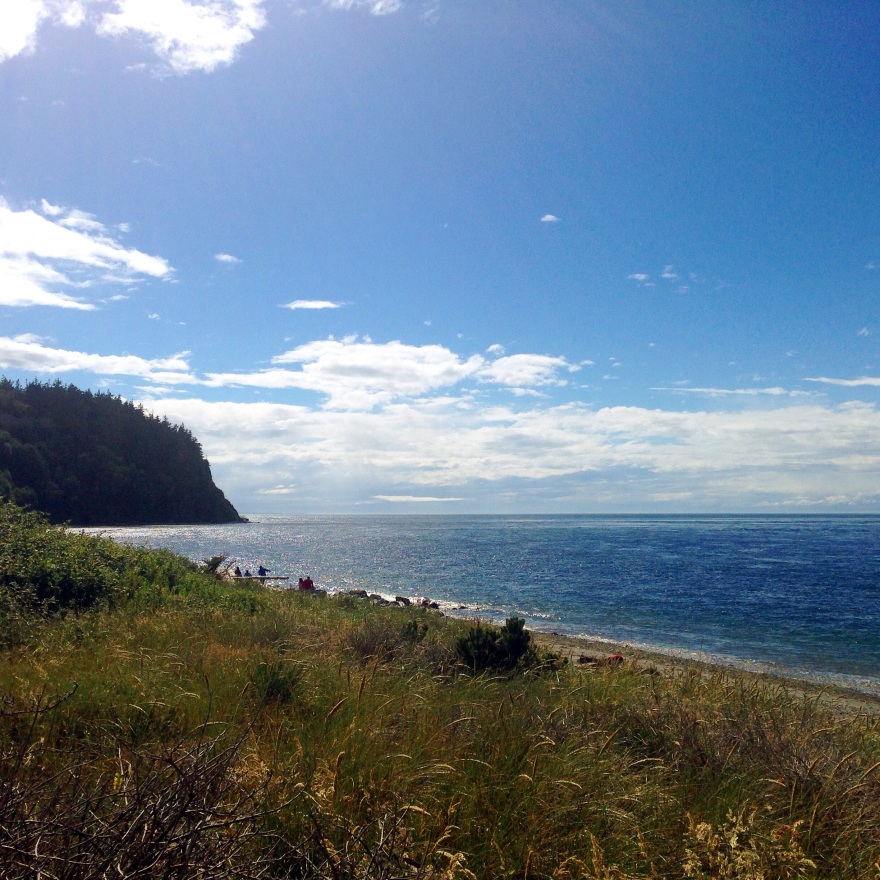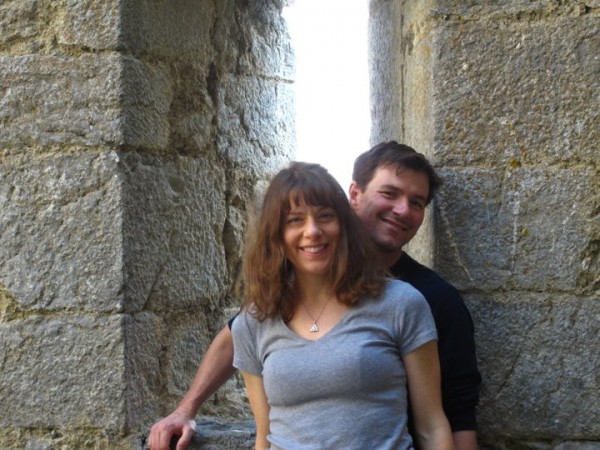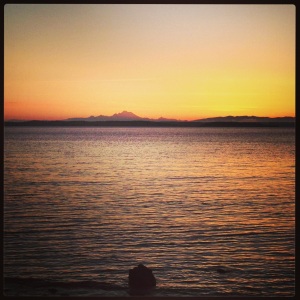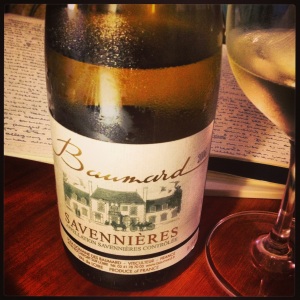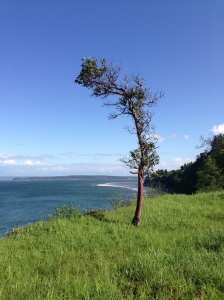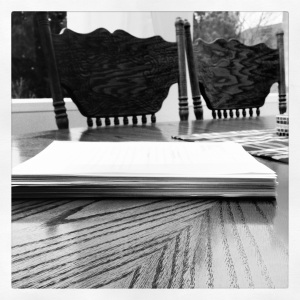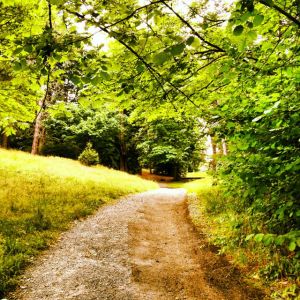I'd planned to tell you about the writerly "Eureka" moments I've experienced these past two weeks as I work through the professional edits of Refuge of Doves. But I can't. Not this week. This week, I've had different sorts of moments. If I don't speak out, I will begin to question my value as a writer, as much as my experiences have caused me to doubt my value as a woman.
Unless you live outside the United States or under a news-free rock, you are aware of the public firestorm caused by the NFL's recent two-game suspension and fine of Baltimore Ravens running back Ray Rice for beating his fiancée, now wife, unconscious in February. Her name is Janay Palmer.
My knee-jerk reaction to this travesty was to bemoan the violent nature of football, and the gladiator-worship that has far more to do with money and celebrity than a celebration of athleticism. I'll own that I despise professional football. But my view of football isn't the issue here. In fact, during the river of adoration that gushed through Washington state in the run-up to the Seahawks' Superbowl win this year, I set out to recalibrate my prejudice against the sport by learning what football can be. I acknowledge that the sport can be played with dignity, that strategy can trump brute force, and that professional athletics can be used as a force of positive cultural change. I hold out hope that these become the norms, instead of the exceptions.
Ray Rice's behavior should be an opportunity for the NFL to send an unequivocal message to fans that abuse is alwaysalwaysalways wrong, that consequences matter, and the victim should never, ever be blamed or held accountable.
I'm not an activist writer. I shy away from confrontation. I will be the loser of any face-to-face debate because I suck at verbal articulation. I don't think fast. I speak softly. I get easily overwhelmed by emotion and I have a very thin skin. I feel deeply, passionately, recklessly, and possess solid convictions, but I do most of my speechifying to my husband, with whom I am of a mind in all matters moral and political. Our discussions are really harmonious duets. After the Newtown massacre in December 2012, I vowed to cease posting anything political to my Facebook page, because the personal cost of responding to anti-gun control advocates was too high.
I broke that vow this week, when I posted Keith Olbermann's impassioned televised op-ed regarding the Ray Rice controversy. I picked up the video via a Facebook friend and shared it on my page. The segment includes devastating footage of Ray Rice pulling Janay Palmer, unconscious, out of an elevator.
I don't have television and I don't watch the news online. I wouldn't have been able to pick Keith Olbermann out of a lineup. I don't care what his politics are, which network signs his paycheck, or if he eats his vegetables. He did what the NFL did not do. He spoke up for women. He spoke out against sexism, misogyny, and the most horrible manifestation of a male-dominated society: violence against women.
It took all my courage to share Olbermann's video on my feed, because of the deafening silence that I knew would follow. Because professional sports and celebrity are such sacred cows in our culture, and violence against women is still acceptable behavior. Because interest in Ray Rice and Janay Palmer is prurient and short-lived. Because of the roll-of-eyes attitude of those who see this as a "whatever" matter between a man and the woman who defended him after he beat her senseless.
My writing is infused with my experiences, observations, beliefs, passions, fears, and questions; what my characters experience and how they react come from all the tiny threads that, woven together, form this writer. But I'm a storyteller. I surround myself with the imaginary and never write with the intention of using my fiction as a political platform.
I wrestle with how raw I will allow myself to become and how opening up on the page will affect my ability to tell a story. I've realized in recent months, after reading the beautiful and brave prose of Lidia Yuknavitch and Cheryl Strayed, how much I hold back for fear of being judged. I have certainly bled on the page writing stories about women who've experienced miscarriage, and publishing an essay about my experiences with child loss--an essay I've read aloud to rooms of strangers. It doesn't get much rawer than describing what it's like to eliminate your baby's fetus into a toilet.
I shared, and will continue to share, those experiences because I believe in shattering the silence and shame of infertility and miscarriage. I will continue to write through frame of these experiences because I believe my words can speak for those who cannot, for those who are desperate for the embrace of someone who says, I understand. It's not your fault. We write and we read for many reasons, not the least of which is the catharsis of shared human experience.
The Ray Rice/NFL debacle this week filled me with shame and fear. Fear that if I speak my heart, my truth, I will pay the price. No one has ever punched me or dragged me from an elevator. I have never been hurt by a boyfriend. I am married to a man of tremendous integrity and compassion. I am smart. I am strong, physically and emotionally. I am privileged to have been born white, in an established democracy, to a family that valued education. Yet, I am ashamed of my own vulnerability. I am ashamed that fear has prevented me from speaking up and fighting back. I am ashamed of the times I was not strong enough to protect myself.
Has a man ever used his superior professional position or greater physical strength to intimidate or manipulate me? Yes.
Have I refrained from reporting abuse because I feared the consequences for me would be worse? Yes.
Has a man ever made me fear for my physical safety? Yes.
I am not a victim. I am a woman. I am a voice. And I haven't finished speaking. In fact, I've hardly begun.
